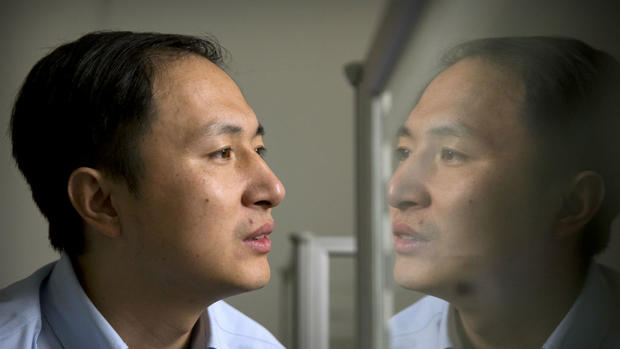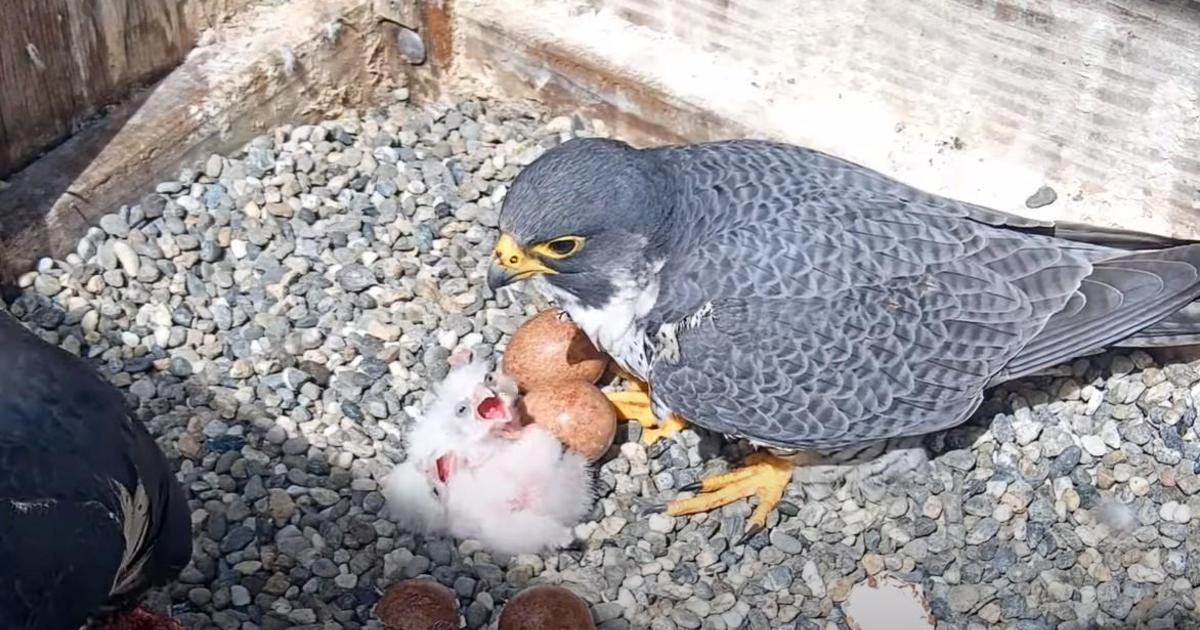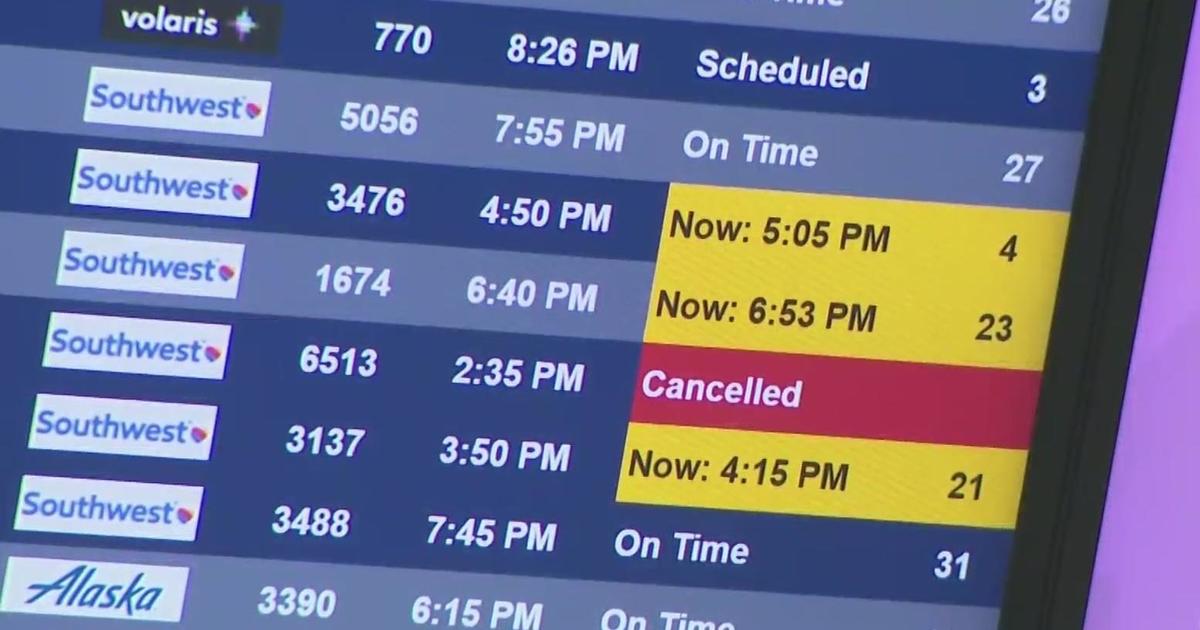Controversial Gene Editing Physicist Has Bay Area Ties
BERKELEY (KPIX 5) -- The Chinese physicist at the center of the global controversy over gene editing has Bay Area ties, even once warning a UC Berkeley professor about his plans to create the world's first genetically-modified babies.
Scientist He Jiankui, who was trained at Stanford University and Rice University, claims he edited the genes of twin girls in China while they were embryos by using the powerful CRISPR-Cas9 gene editing tool.
The technology works by first removing DNA and then replacing it with a different gene.
Jiankui claims that the edits he made to the embryos made them resistant to HIV. He claims that he then implanted the embryos into their mother using in vitro fertilization.
"No gene was changed except the one to prevent HIV infection. The girls are safe, healthy as any babies," said Jiankui.
According to health and science website Stat News, Jiankui warned UC Berkeley professor Mark Dewitt about his gene-editing plans.
Dewitt has used CRISPR technology on human cells to fix the genetic mutation that causes sickle cell disease.
Stat reported that Dewitt did not disclose the information to anyone, but that his response to Jiankui was, "Don't do it."
Kiran Musunuru, a professor of medicine at the University of Pennsylvania, reviewed some of Jiankui's data and believes the genetic edits are incomplete and that the twin girls may not be immune to HIV after all.
Musunuru also worries the process may have inadvertenely left the twins susceptible to other health problems, such as cancer.
"Taking those embryos forward through pregnancy, to live children, to me, is absolutely appalling and horrifying," said Musunuru.
One of the co-inventors of the CRISPR technology is Dr. Jennifer Doudna, a UC Berkeley professor. Doudna released a statement saying that the use of gene editing should be limited to "cases where a clear unmet medical need exists."




